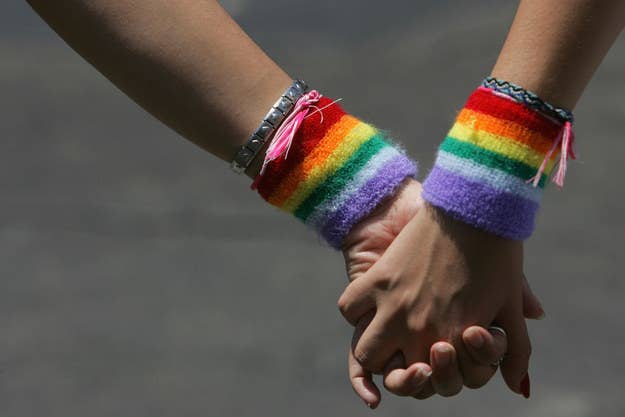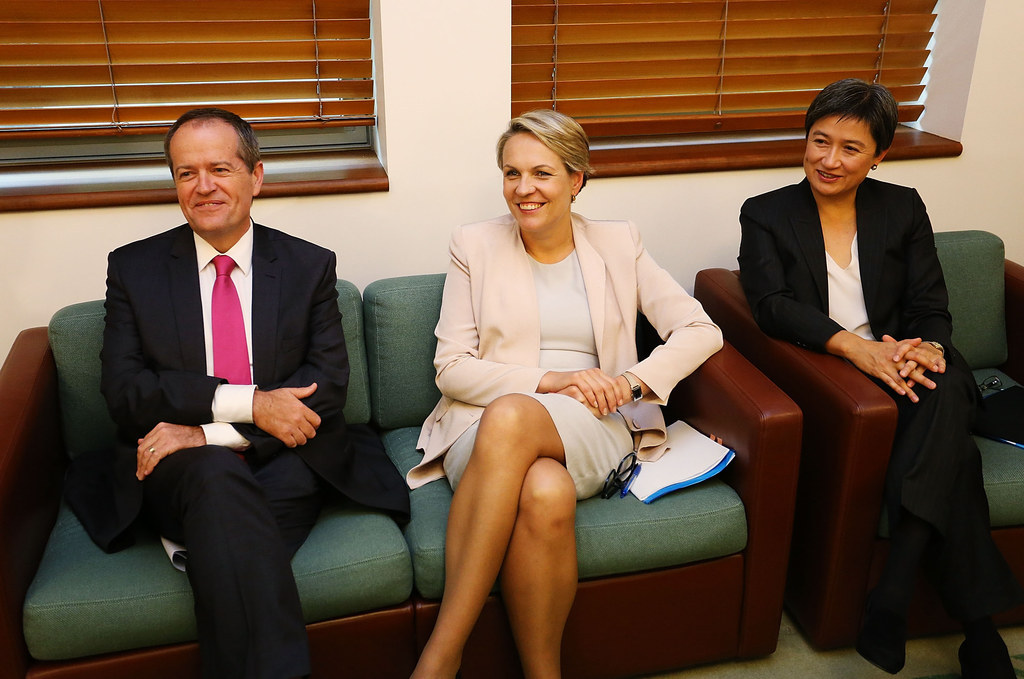Labor opposition leader Bill Shorten has released the contents of a bill he plans to introduce to parliament which will bring marriage equality to Australia.

The bill will replace the words "man and woman" and "husband and wife" with "two people."
Mr Shorten's bill will be introduced to parliament on Monday, and will allow a marriage between any two adults regardless of their gender, gender identity, sexual orientation or intersex status, Fairfax reports.
The bill will also recognise same-sex marriages that have been solemnised overseas.

Currently, marriages performed overseas are not recognised in Australia, meaning the wedding essentially never happened once newlyweds set foot on home soil.
The changes announced today by the opposition leader will overturn former prime minister John Howard's 2004 amendments to the marriage act, which changed the definition of marriage to the "union of a man and a woman to the exclusion of all others, voluntarily entered into for life".
The bill also makes it clear that ministers of religion will not be compelled to solemnise a same-sex marriage, removing a key plank of conservative opposition to the reform.
The bill will be seconded by Labor deputy leader Tanya Plibersek.

It's still not clear if the bill will gain enough support in parliament to head to a debate, meaning marriage equality could still be delayed for some time.
Prime minister Tony Abbott has made it clear this week that he would prefer to see a cross-party bill with bipartisan support. The government would need to vote to allow a debate to commence.
The issue must be "owned by the parliament," Mr Abbott said. "If our Parliament were to make a big decision on a matter such as this, I want it to be owned by the Parliament, and not by any particular party."
There have been suggestions that Liberal marriage equality campaigner Warren Entsch is working with some of his Labor counterparts to draft such a bill, although no proposal has yet been made public.
Next week's debate is also likely to force the prime minister's hand on a conscience vote for his party. Mr Abbott has so far resisted calls to grant his party such a vote on the issue, saying he would let the partyroom decide once a bill is brought up for debate.
